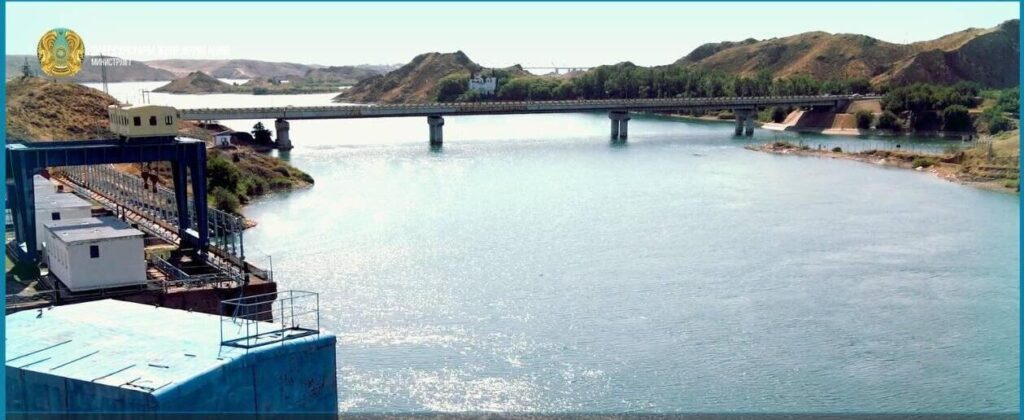According to the Concept for the Development of the Transport and Logistics Potential of the Republic of Kazakhstan by 2030, the development of the country's civil aviation industry should be conducted in three key areas: flight safety, route network development, and infrastructure modernization. So, how do things stand today in regard to fulfilling these tasks? As previously reported by TCA, Uzbekistan has far surpassed Kazakhstan in direct air routes to key countries; from Tashkent, one can even fly to New York, which remains an elusive dream for Kazakhstanis. In 2011, Air Astana approached Boeing regarding the purchase of three 787 Dreamliner aircraft. However, when approached by TCA in August 2024, Air Astana stated that "since 2011, there have been several macroeconomic, global changes, which affected the market situation, and the timing of aircraft deliveries has been revised, including delays on the part of the manufacturer." Safety In July of this year, a landmark event for the aviation industry occurred when President Kassym-Jomart Tokayev vowed to open the Permanent Mission of Kazakhstan to the International Civil Aviation Organization (ICAO). This was another step towards introducing advanced standards in the aviation industry, and a decision which is in line with the trend of removing all restrictions for domestic carriers on flights to the European Union from Kazakhstan. The issue was discussed at a meeting of the EU Flight Safety Committee, with the participation of representatives of the aviation authorities of 27 countries. Unfortunately, however, cases of safety violations in civil aviation in Kazakhstan are not decreasing. According to the Bureau of National Statistics, in 2023 there were 58 accidents in air transportation, compared to 47 in the previous year. In the last month alone, three incidents involving damage to planes occurred at Astana Airport alone. The causes were weather conditions, as well as the actions of the air harbor operator. Fortunately, there were no casualties. One of the most hotly debated problems in the aviation industry for many years has been the issue of construction in areas surrounding airports. Law enforcement are now taking measures to bring these areas into compliance. According to data from the Aviation Administration of Kazakhstan, in 2023, during an inspection by the General Prosecutor's Office, it was revealed that within the boundaries of airport safety zones, local executive bodies had allocated approximately 1,200 plots for the construction of residential, commercial and other facilities, on which more than 900 buildings have been erected. Over 100,000 different structures have been built within the territory of airfields without the approval of airport commissions (residential, commercial, industrial, etc.). The cities of Almaty, Shymkent, Atyrau, and Aktobe have seen the most serious cases of illegal construction. In order to establish clear requirements for the use of airfield territories, legislative amendments have since been introduced regarding the procedure for granting rights to plots located on such land. Air geography The air transportation market in Kazakhstan is growing: 8.3 million passengers traveled by air between January-July 2024. This constitutes a 14% growth when...
asd






